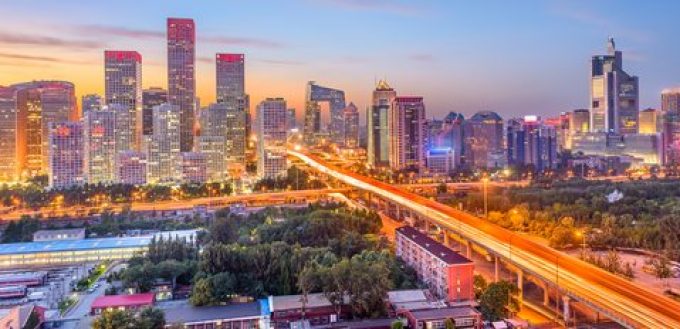CNBC: China counters Trump’s accusations of Geneva trade deal violations, says US undermining consensus
CNBC reports: China on Monday refuted Washington’s claims that it had broken the Geneva trade agreement, ...

“Colonial arrogance” is perpetuating an increasing belief that western firms can simply “walk away” from China, amid “increasingly muscular” but largely empty political rhetoric.
Secretary general of the Global Shippers Forum James Hookham told The Loadstar he does not buy into the view that there is a ...

Comment on this article
Glenn Mathias
July 31, 2022 at 9:21 amThe article lacks balance; the other side of the coin – views critical of China’s policies, is missing; perhaps next time around
None would dare criticise China openly, if they or their disparate business interests were dependent upon the goodwill of China; and most especially, if they resided in Hong Kong, with overseas citizenship. Only those with interests in China, would agree to being quoted
Let’s set the record straight: for starters, China flexed its military muscle in the South China Sea; threatens to invade Taiwan and denied its role in Covid-19: Sharri Markson’s excellent book on Wuhan/virus. When Australia criticised China with good cause, the CCP imposed massive tariffs on Australian goods – a reprehensible act by democracies such as Australia, USA and UK
Andrew McCallum
August 04, 2022 at 7:29 pmThe move out of China by some western companies has nothing to do with colonial arrogance, a card always played by the Chinese propaganda machine, but a lot to do with Chinese aggression and stealing technology
A good question regarding this article is whether it was written by the ccp or are they funding this site?
Alex Lennane
August 04, 2022 at 9:37 pmThis was an interview with GSF. We are independent.